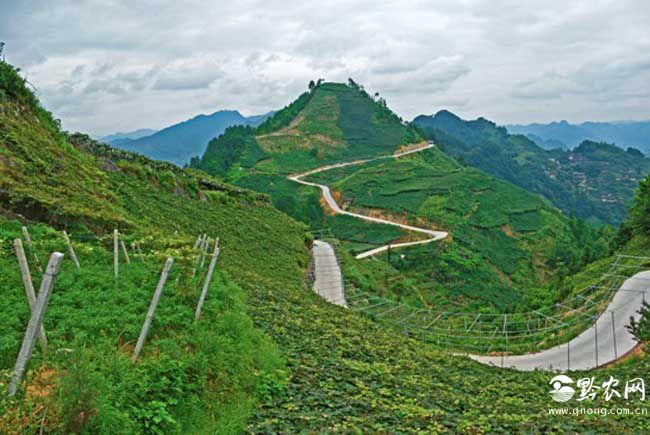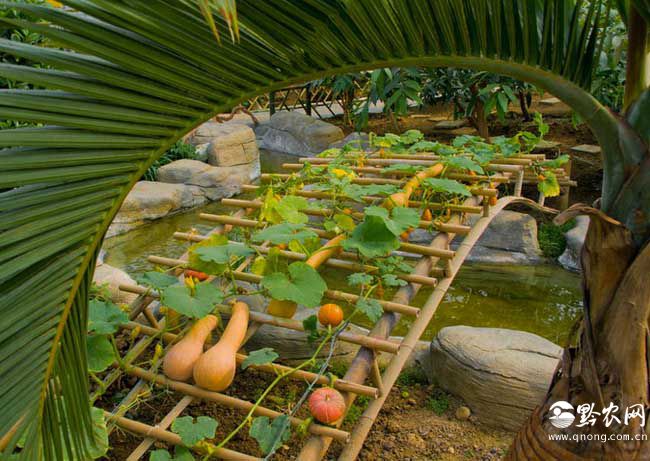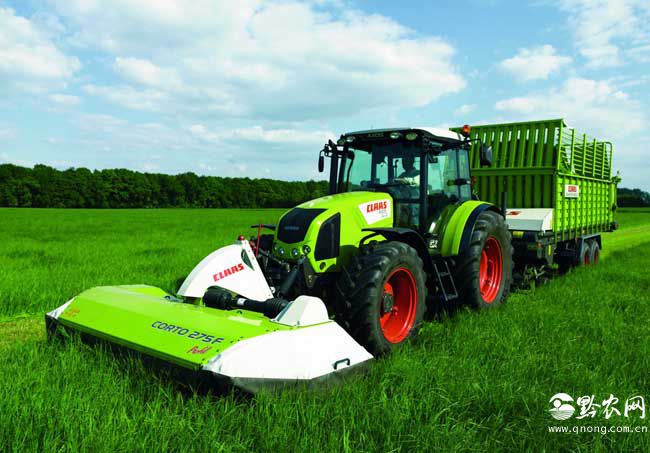What is mountain agriculture?

Mountain agriculture refers to the sum of agricultural activities that can be cultivated and utilized in mountainous areas in the process of survival and development. The mountain agricultural area is a kind of agricultural form distribution area formed under the alpine regional environment. The spatial distribution of cultivated land shows the characteristics of many blocks, small area, scattered distribution and obvious vertical belt differentiation.
What are the characteristics of mountain agriculture?
The most prominent area of mountain agriculture is Guizhou. Guizhou has neither a plain nor an endless prairie. It is neither a watery country nor a hilly gentle slope, but a famous "mountain country". The situation of land resources here is: more mountains, less flat land; more grazing land suitable for forest, narrow farming area; more dry land, less paddy fields; more low-quality soil, less high-quality soil. Agriculture developed under this special geographical environment is a typical mountain agriculture, which has the following important characteristics:
1. The differences in small areas are very obvious. Different types of agriculture are mixed with each other, and they are in an extremely scattered state.
2. In the local scope, because the ecological environment is complex and diverse, it can meet the low standard of self-sufficiency in different ways, so the foundation of natural economy is deep-rooted.
3. The relatively closed environment is not conducive to the improvement of production technology, the conservation is very strong, and the production level is generally not high.
4. This special geographical environment, combined with different ways of livelihood of different ethnic groups, has produced different economic and cultural types.
What are the advantages of the development of mountain agriculture?
1. The microclimate is diverse, which is conducive to decentralized management and reduce risks.
2. It is beneficial to cultivate special crops such as fruit trees and traditional Chinese medicine which can not be produced on flat land.
3. It is beneficial to the local transfer of surplus labor and the rational use of rural land.
What are the restrictive factors of mountain agriculture?
1. The fragmentation of land is serious, which is not conducive to modern farm production.
2. In the process of farming, it is easy to cause soil erosion, fertility decline, landslides and other secondary geological disasters.
3. The flow of information is not smooth, and the flow of product supply and demand information and technical information is slow.
Related
- A course of planting techniques and methods on how to grow carrots
- How to plant the latest tulips?
- Is it better to pick tea in the morning or in the afternoon? When is the best time for tea to be picked? what is the third or fifth tea?
- Launch Yuanxiao Happy combination Haocha + Tea Yuan healthy Taste
- Penghu Tourism "Fireworks 20 Parade with You"
- 2022 West Lake Happiness holds "Digital Revitalization Voucher" and draws iphone13 and laptop.
- Banqiao Fuzhou social houses are designed to change start-up combined with police elimination to create a safe and livable environment
- The convenient measure of "mechanical weeding" in Xinbei has been abused and the Agriculture Bureau has imposed heavy penalties on the illegal land consolidation.
- Changgeng University Joins Hands with Four Memory Factories to Rescue Memory Talent Shortage
- The list of Taiwan's top 100 MVP managers is listed by the Director-General of the Farmers' Association of Sanxia District.



